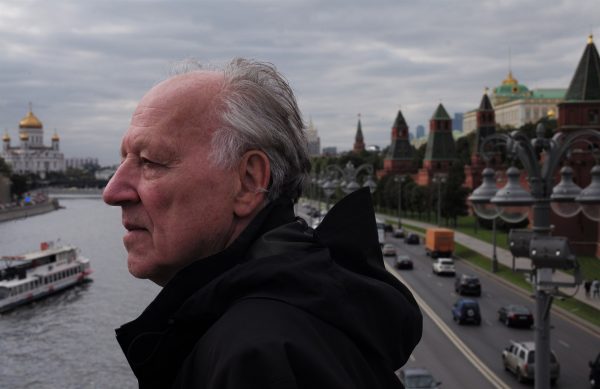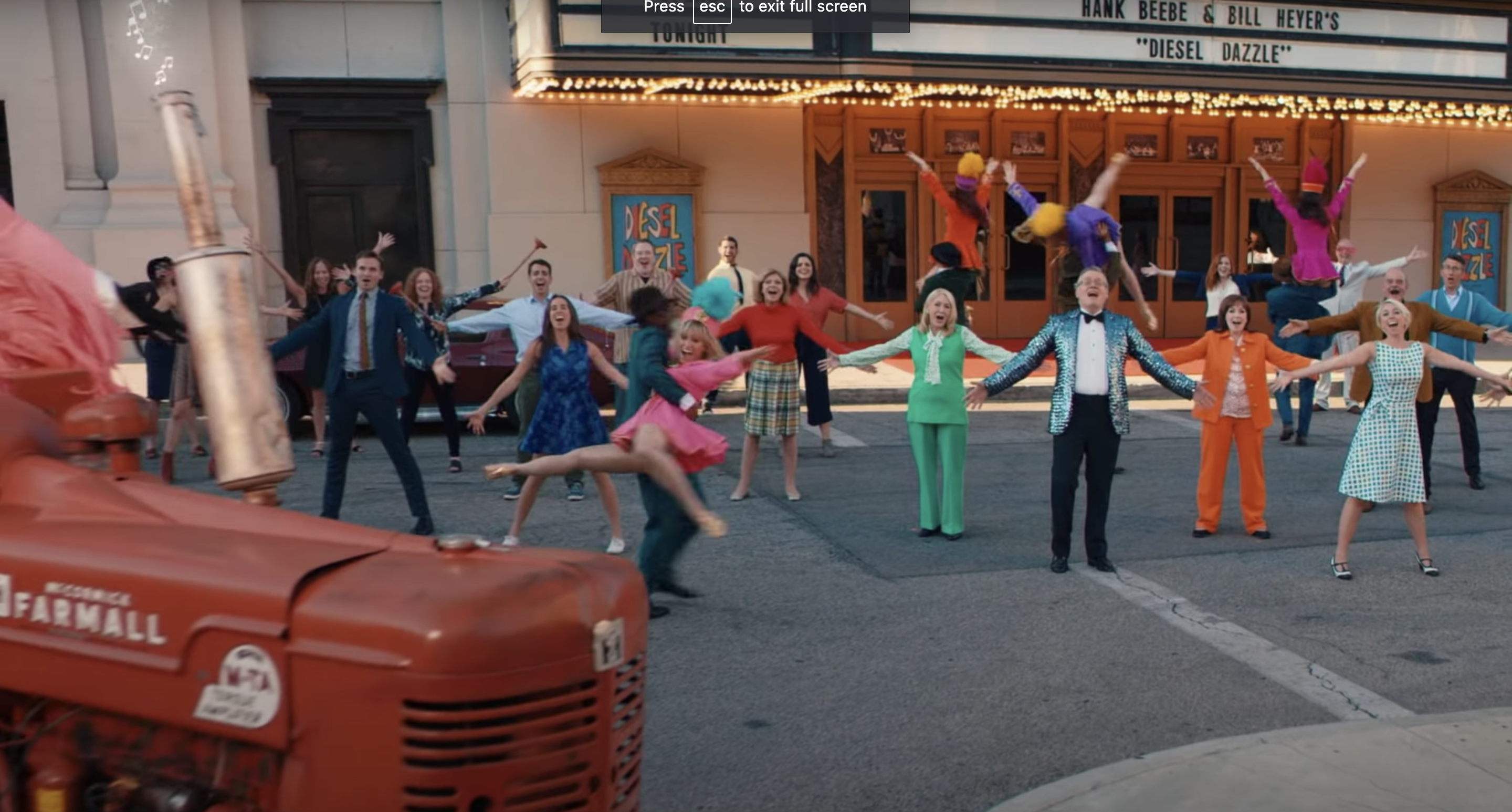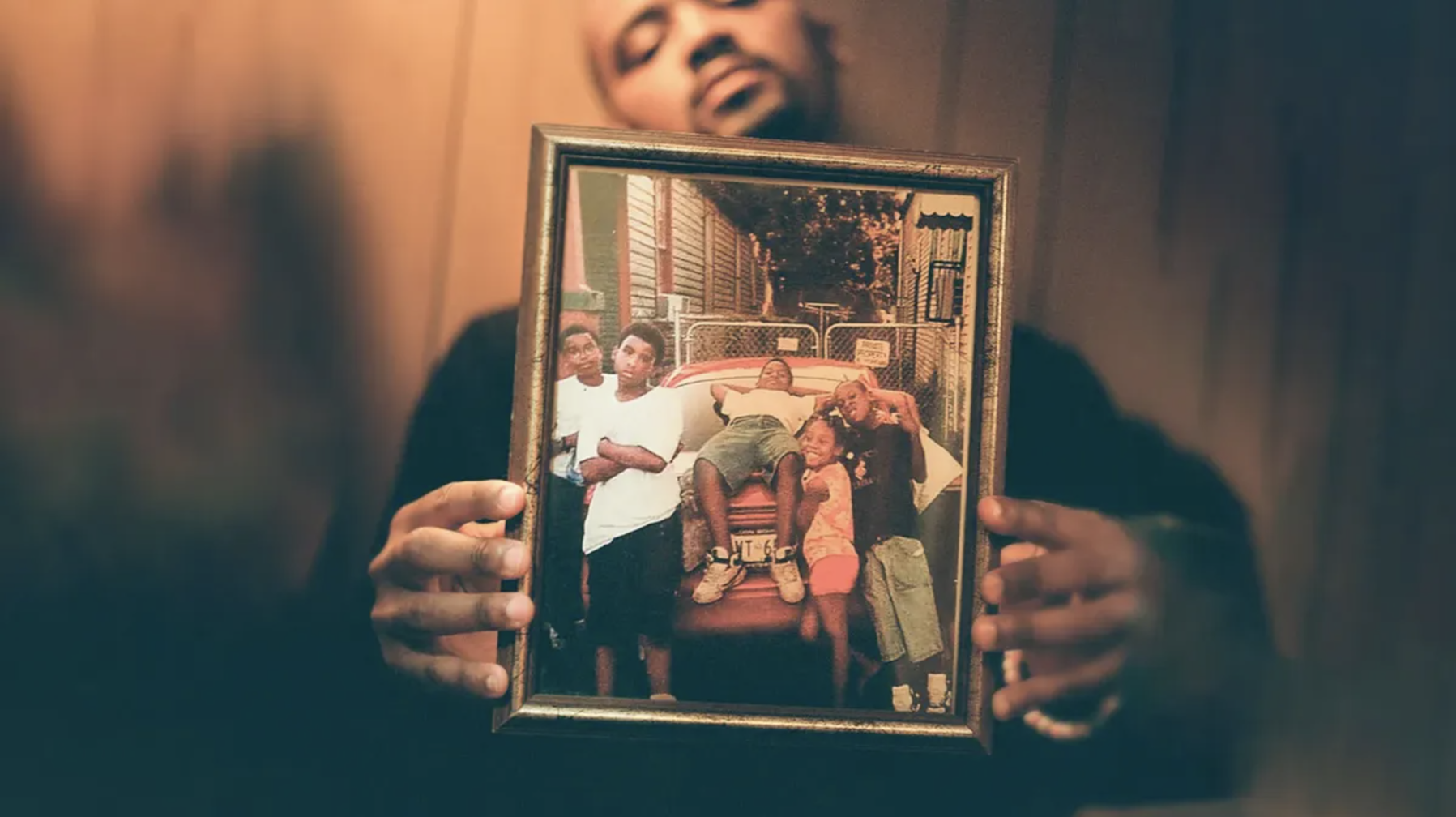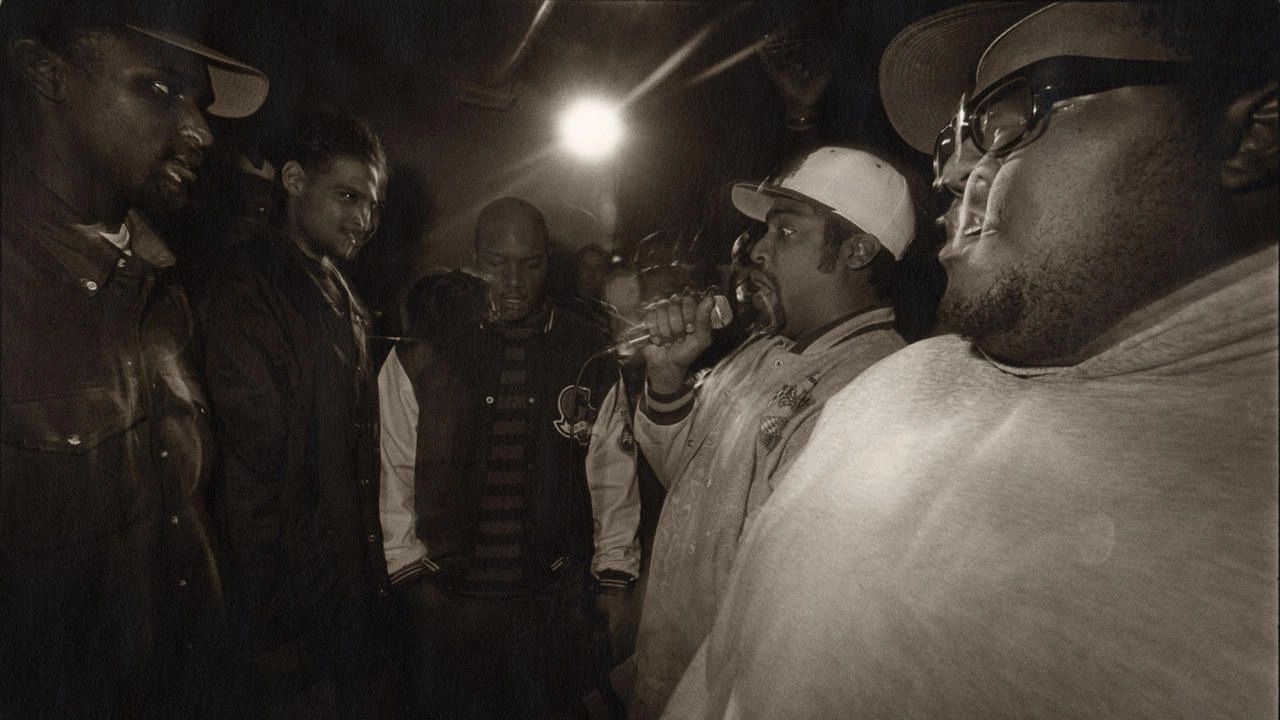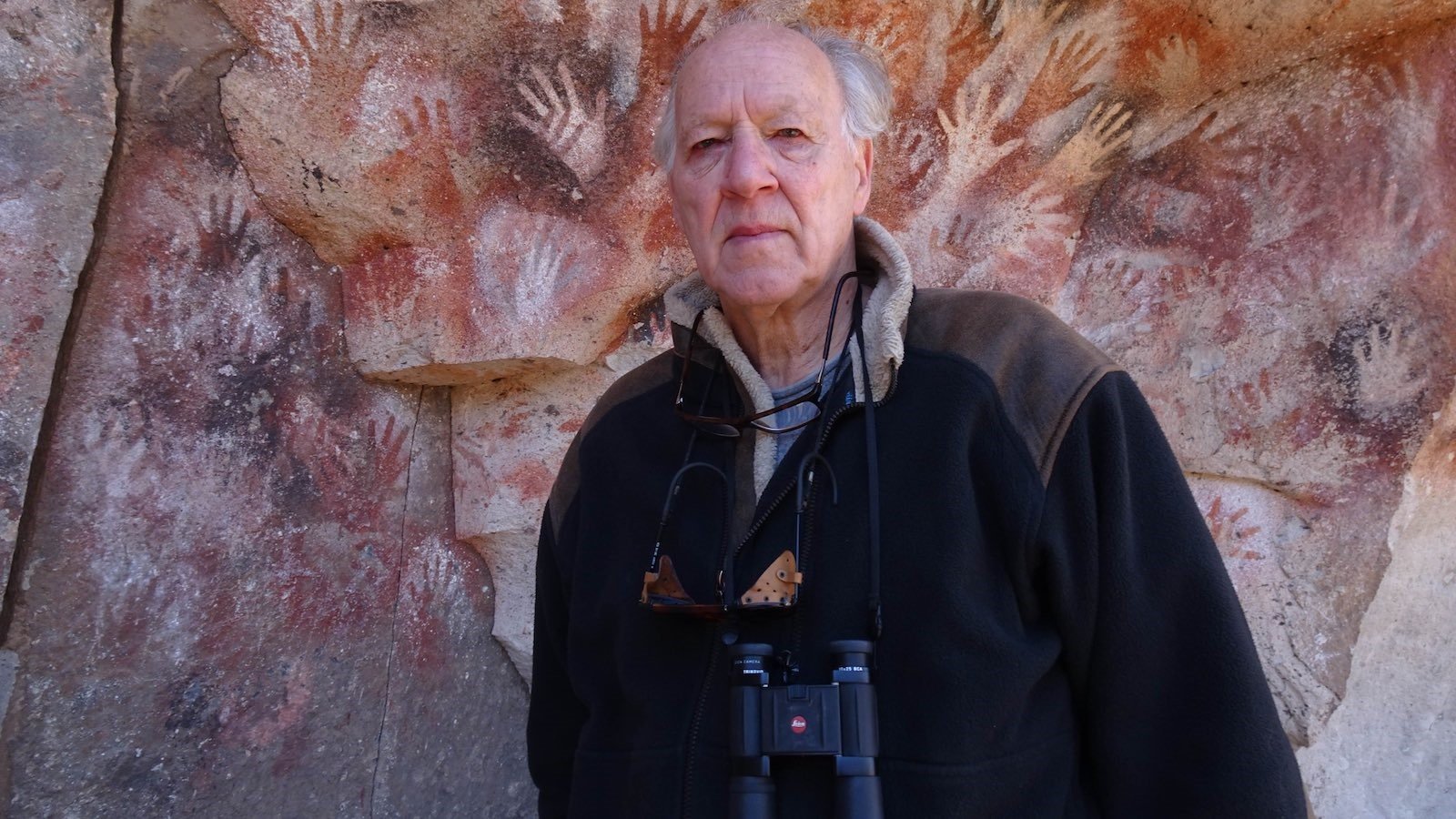
50 Informative Documentaries to Watch Now
November 20, 2024
Share:
All documentaries talk about something real in the world, but there’s a fine line between docs that just ramble on and regurgitate established facts at us, and docs that really zero in on a subject—getting us to care about something we might never have paid attention to before, and potentially changing the way we think about everything. Here at agoodmovietowatch, we’ve compiled a list of the best little-known documentaries that really believe in what they’re saying and hope to pique your curiosity and command your attention. And since these films are highly-rated not just by critics but by audiences too, you can trust that watching them won’t feel like you’re just stuck in school.
Read also:
41. Casting By (2012)
Genres
Director
Actors
Moods
Watch this documentary and find yourself amazed at how much of Hollywood history was determined by one woman: legendary casting director Marion Dougherty. At a time when studios were casting actors based on “type,” Dougherty revolutionized the process with her preternatural ability to see the potential in budding actors like Al Pacino, Dustin Hoffman, Robert Redford, and Glenn Close. Her work in introducing NYC’s theater actors to the silver screen launched countless careers and indelibly shaped iconic films like Midnight Cowboy and Lethal Weapon.
And yet, Dougherty’s work — and that of those who followed in her steps — is criminally underappreciated, as this doc both lays bare and seeks to redress. A largely female profession, casting was long devalued by a casually misogynistic industry, the persistent legacy of which is subtly highlighted in some interviews here. Among the talking heads sharing appreciation and anecdotes are many of the actors and casting directors whose careers Dougherty launched, as well as filmmakers (including Martin Scorsese) testifying to the pivotal role casting has played in their work. Playing the villain is Ray director Taylor Hackford, who believes casting directors add little to the filmmaking process — an argument that the doc wryly disproves with the sheer weight of refuting evidence it offers up.
42. Meeting Gorbachev (2019)
Genres
Director
Actors
Moods
This informative documentary about the former president of the Soviet Union Mikhail Gorbachev is set against modern-day interviews with him that span 6 months. Sitting opposite of him is the Gorbachev equivalent in filmmaking: Werner Herzog. The prolific director asks interesting questions and narrates events that illustrate Gorbachev’s forgotten importance: ending the cold war, a push for denuclearization and avoiding bloodshed during the fall of the Soviet Block. The fact that Gorbachev is loved by so many, including Herzog – who at some point actually says “I love you” – might be the only problem with this documentary. It’s a great reminder of why people loved the Soviet leader, a phenomenon otherwise known as “Gorbymania”, but it does very little in portraying him in a critical light.
43. Bathtubs Over Broadway (2018)
Genres
Director
Actors
Moods
Even if you’re a huge Broadway fan, you’ve probably never heard of the “industrial musical.” While it no longer exists in practice, in the 1970s industrial musicals were shows that corporations commissioned for some of the biggest Broadway names to produce. The script would be based on the company’s offerings and history, and privately performed by real Broadway actors to audiences made up exclusively of company and factory staff.
Now, a documentary about industrial shows doesn’t scream “entertaining,” but to describe Bathtubs Over Broadway in such a manner would be selling it way short. It’s really about Steve Young, a comedy writer for David Letterman, and how his life changed when he found his first industrial musical LP when leafing through a crate of old records for a Late Night segment he was working on.
Ultimately, what makes this such an enjoyable watch is the protagonist’s enduring passion over what at first appears to be nothing but a niche obsession. But with time, as he connects with other collectors and the people who were involved in the original industrial musical productions, his passion breeds community and lifelong bonds. Even if you’re no fan of Broadway, this makes for a great pop culture documentary and an unexpectedly touching story of human connection.
44. Control Room (2004)
Genres
Director
Actors
Moods
For the longest time, American media coverage was skewed to justify the presence of US forces in Arab states. Control Room unveils that bias by following Al Jazeera at the start of the Iraq War in 2003. One of the biggest Arab media outlets at the time, Al Jazeera dared to cover both sides of the war, but by doing so put a target on its back. It was vilified by both the US government, which called it an Osama mouthpiece and the Arab world, which called it a Bush ally.
Control Room shows the difficulty (if not sheer impossibility) of achieving journalistic balance, objectivity, and integrity. Through interviews with Al Jazeera reporters and US military officers, we witness how lines are blurred, loyalties are tested, and purpose is shifted in a state of war. A seminal work on media bias and press control, Control Room is vital and enlightening, a must-watch to understand the inner workings of the fourth estate.
45. Who We Are: A Chronicle of Racism in America (2022)
Genres
Director
Actors
Moods
Although Who We Are is essentially a professionally recorded masterclass interspersed with additional interviews, it only emphasizes Jeffery Robinson’s skill as an orator and his compassion as a teacher. In a clear and levelheaded manner, he lays out how even the historical documents that formed the blueprint of the United States are exclusionary in key ways. Robinson does this not to condemn his country, but to challenge the way we view traditions as sacred, and to see how modern-day white nationalism is upheld by these institutions, intentionally or not. The new interviews that accompany Robinson’s talk take these lessons on the road, reminding us of those who are directly affected by these centuries-old decisions.
46. Kokomo City (2023)
Genres
Director
Actors
Moods
The idea of representation in movies is often limited to superficial gestures of putting on screen people who look a certain way. Kokomo City is a reminder of cinema’s possibilities when one really tries to queer filmmaking itself, with genuine queer voices driving a production. This documentary is messy and incredibly playful in its style—in ways that might read to some as lacking cohesiveness, or as tonally inconsistent. But the way director D. Smith is able to capture the dynamic energy of a series of conversations makes these powerful, funny, tragic anecdotes and dialogues feel truly grounded in people’s everyday experiences, and makes the plea for protection of trans lives all the more urgent.
Throughout Kokomo City, this collection of individuals goes off on various tangents that never become difficult to follow. They speak about the nature of sex work, hidden desires felt by traditionally masculine male clients, and various degrees of acceptance within the Black community. And between these statements alternating from impassioned to emotional to humorously candid, Smith injects cheeky cutaway footage, layers text on screen, and plays an eclectic rotation of music throughout. It’s about as real and as three-dimensional as these trans lives have ever been shown on screen.
47. Katrina Babies (2022)
Genres
Director
Actors
Moods
If Katrina Babies seems like a somewhat disjointed account of the myriad responses to Hurricane Katrina and the U.S. government’s horrible, anti-poor response to the disaster, director Edward Buckles Jr. uses this structure with much more intent. For once this is a documentary that feels like citizen reporting and not a sanitized report from experts who have little to no real personal stake in the subject. As the film swings from one talking point to the next, you get the sensation of just how much the people of New Orleans are still trying to comprehend; the loose structure brings to this film a sense of helplessness that, for some, just can’t be overcome.
48. Freestyle: The Art of Rhyme (2000)
Genres
Director
Actors
Moods
This fascinating documentary traces the roots of freestyling back to the rhythmic sermons of Baptist preachers, the improvisational energy of jazz music, and the spoken word artistry of the civil rights era’s Last Poets — but, like the form of rap it chronicles, it largely exists in the moment. The ephemeral nature of freestyling makes it a tricky thing to bottle, but The Art of Rhyme does so by mimicking the freewheeling energy of the MCs onscreen. And there are many legends of the medium featured here: from underground titans like Supernatural and Craig G (whose epic battles are shown here) to big names who crossed over into recording success like Talib Kweli, Mos Def, and even precious footage of a 17-year-old Notorious BIG. It’s as enlightening as you’d hope, but what makes this documentary such an impressive portrait of freestyle are all the ways it mirrors the impulsive, quick-thinking philosophy of the form in little over an hour.
49. The Mission (2023)
Genres
Director
Actors
Moods
In this documentary about John Allen Chau — the American Christian missionary reportedly killed when he tried to preach the Gospel to one of the last uncontacted groups in the world — a participant muses about the “fine line between faith and madness.” The hazy border where one ends and the other begins is the focus of this doc, and it makes for a fascinating challenge of audience’s open-mindedness.
The film presents Chau’s perspective through scattered interviews with friends and readings of the diary he left behind, but it also features interviews with surviving, persistent adherents of the same radical evangelicalism that inspired Chau to preach the Gospel to the North Sentinelese people (something he believed was a prerequisite for the Second Coming of Jesus). The filmmakers treat these highly controversial perspectives with a light touch, never explicitly challenging Chau’s peers, but strong balance is provided via the voices of vehement opponents of this ideology. Providing equal weighting to both sides is an unusually hands-off approach, one that might easily be misread as tacit approval from the filmmakers. Ultimately, though, anyone watching this with an open mind will still come to the same moral conclusion — you’ll just be better informed about it.
50. Nomad: In the Footsteps of Bruce Chatwin (2019)
Genres
Director
Actors
Moods
The sooner you adjust your expectations for Nomad—and realize that this isn’t a travel documentary but Werner Herzog’s own wonderfully offbeat way of remembering his dear friend—the better. Any uneven moments in this film’s construction are smoothed over by the sheer authenticity of what Herzog puts on screen, from his own distinctive narration, to gorgeous excerpts from Bruce Chatwin’s writings, to the sounds and images that make up the strange worlds that both men were fascinated in. No mysteries are solved here, but just being closer to the strange and surreal becomes a way for Herzog to come to terms with the strangest and most surreal of life’s realities: death.
Comments
Add a comment
Ready to cut the cord?
Here are the 12 cheapest Live TV streaming services for cord-cutting.
More lists
Lists on how to save money by cutting the cord.
Curated by humans, not algorithms.
© 2025 A Good Movie to Watch. Altona Studio, LLC, all rights reserved.

